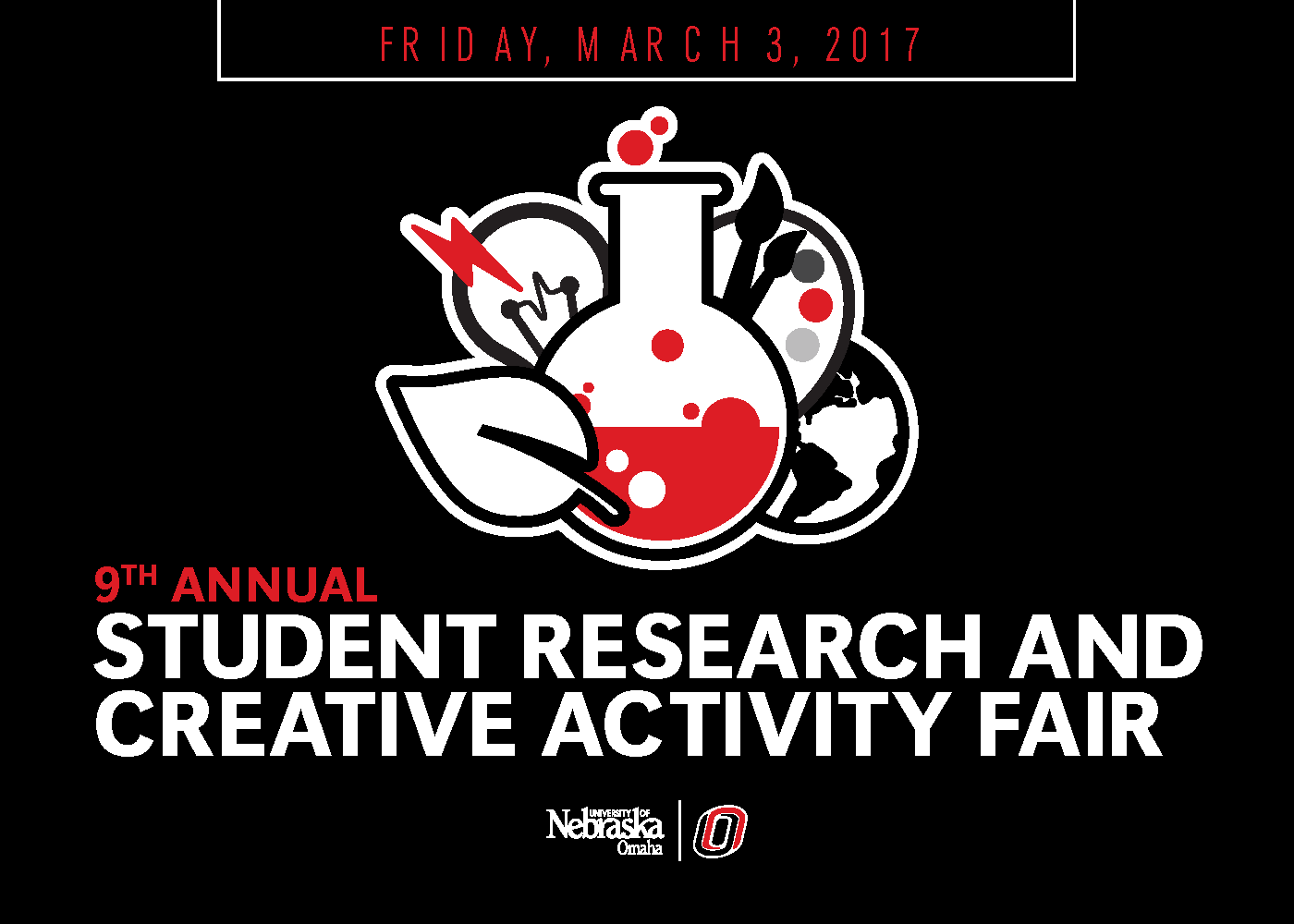
Partner Preference and Dopaminergic Regulation of Pair Behavior in Marmoset Monkeys
Advisor Information
Jeffrey French
Location
Dr. C.C. and Mabel L. Criss Library
Presentation Type
Poster
Start Date
3-3-2017 12:30 PM
End Date
3-3-2017 1:45 PM
Abstract
Marmoset monkeys are small-bodied New World primates that exhibit high levels of interest in both familiar and unfamiliar social partners. One potential neurobiological driver of social behavior is the monoamine neurotransmitter dopamine (DA). DA is widely regarded for its roles in addiction, reward, and risk-taking. Studies in rodents and nonhuman primates have indicated the potential for DA to play a role in facilitating social behavior. This project examined the effect of DA pharmacological manipulation on marmoset behavior in a standardized partner preference test, as well as during post-testing reunion observations. It is known that social context can alter primate behavior, so subjects were tested in two conditions: one in which the partner could observe all interactions and one in which the partner could not. In all social contexts marmoset monkeys displayed a significant preference to spend time in proximity to their partner compared to the unfamiliar stimulus animal. Marmoset monkeys treated with a specific DA agonist for the receptor subtype 2 spent less time in contact with their partner during the preference test and tended to approach their partner more slowly upon reunion. Similarly, pair mates of subjects treated with a D2 receptor agonist tended to take longer to approach them during the reunion. Finally, when the divider was out and the partner could view all interactions it took longer to approach their pair mate upon reunion. Taken together these findings indicate the potential for both DA manipulations and social context to alter behavior in marmosets.
Partner Preference and Dopaminergic Regulation of Pair Behavior in Marmoset Monkeys
Dr. C.C. and Mabel L. Criss Library
Marmoset monkeys are small-bodied New World primates that exhibit high levels of interest in both familiar and unfamiliar social partners. One potential neurobiological driver of social behavior is the monoamine neurotransmitter dopamine (DA). DA is widely regarded for its roles in addiction, reward, and risk-taking. Studies in rodents and nonhuman primates have indicated the potential for DA to play a role in facilitating social behavior. This project examined the effect of DA pharmacological manipulation on marmoset behavior in a standardized partner preference test, as well as during post-testing reunion observations. It is known that social context can alter primate behavior, so subjects were tested in two conditions: one in which the partner could observe all interactions and one in which the partner could not. In all social contexts marmoset monkeys displayed a significant preference to spend time in proximity to their partner compared to the unfamiliar stimulus animal. Marmoset monkeys treated with a specific DA agonist for the receptor subtype 2 spent less time in contact with their partner during the preference test and tended to approach their partner more slowly upon reunion. Similarly, pair mates of subjects treated with a D2 receptor agonist tended to take longer to approach them during the reunion. Finally, when the divider was out and the partner could view all interactions it took longer to approach their pair mate upon reunion. Taken together these findings indicate the potential for both DA manipulations and social context to alter behavior in marmosets.

Additional Information (Optional)
Winner of Best Graduate Poster Presentation